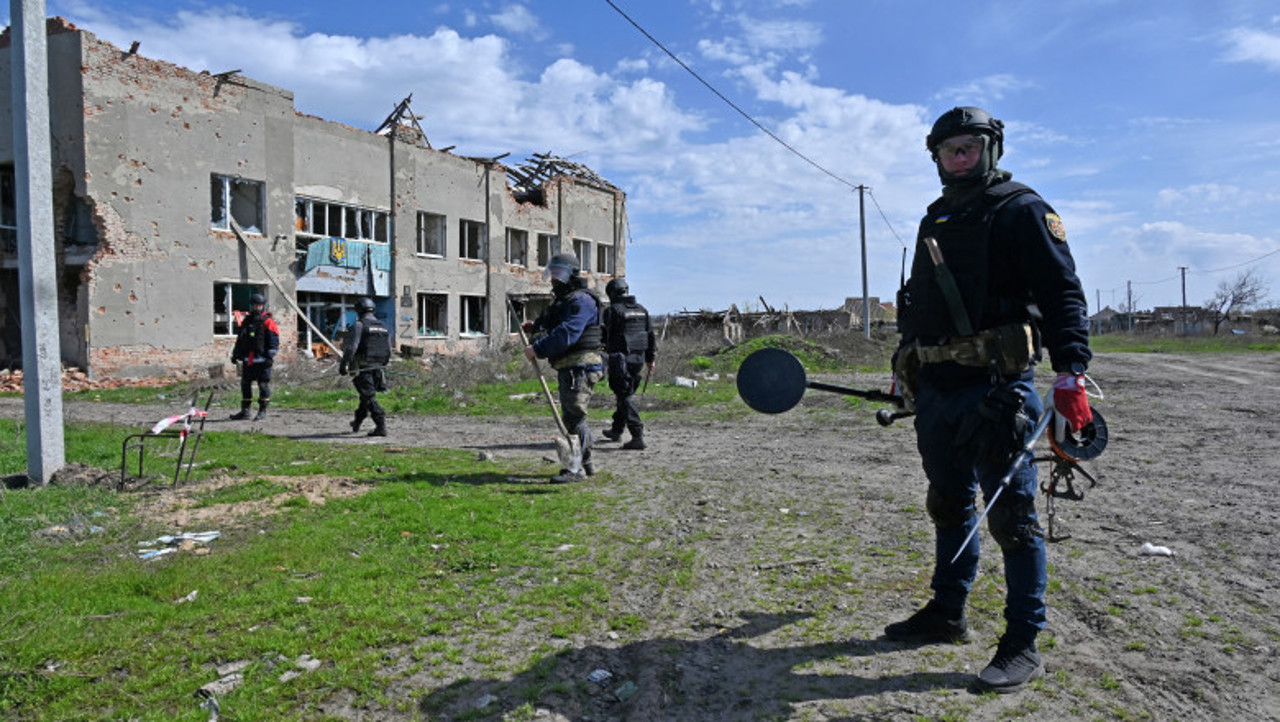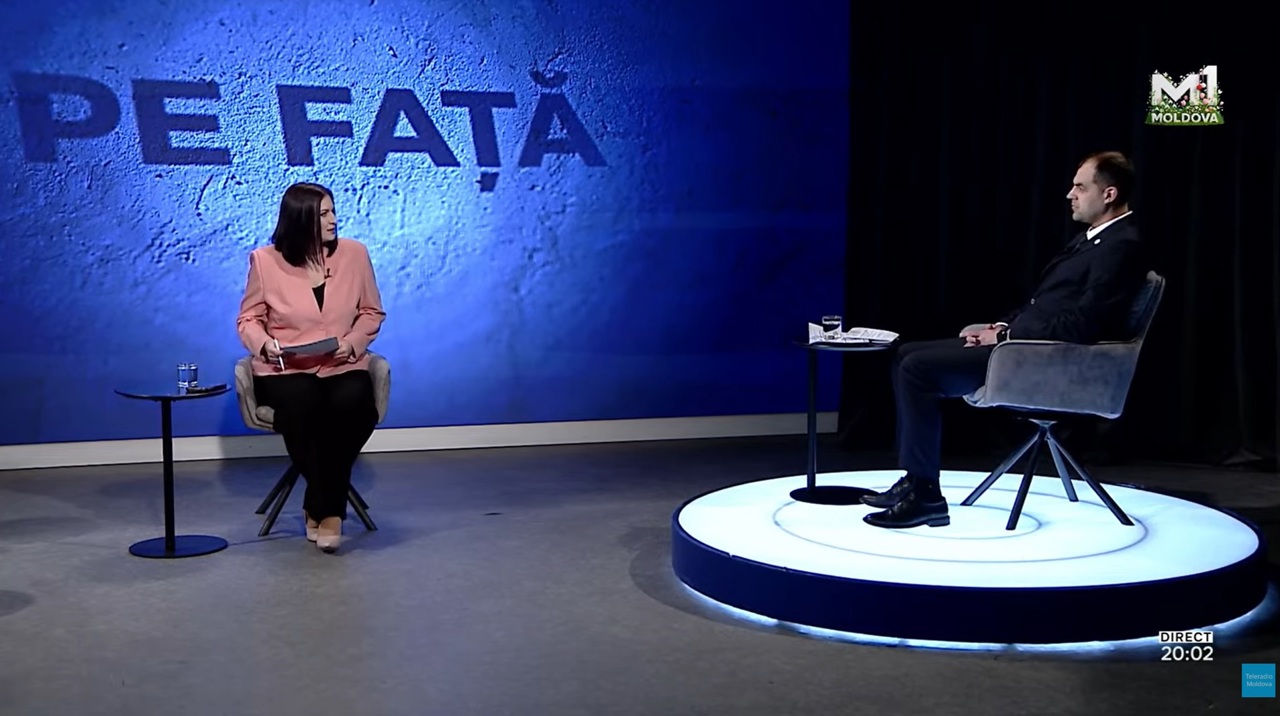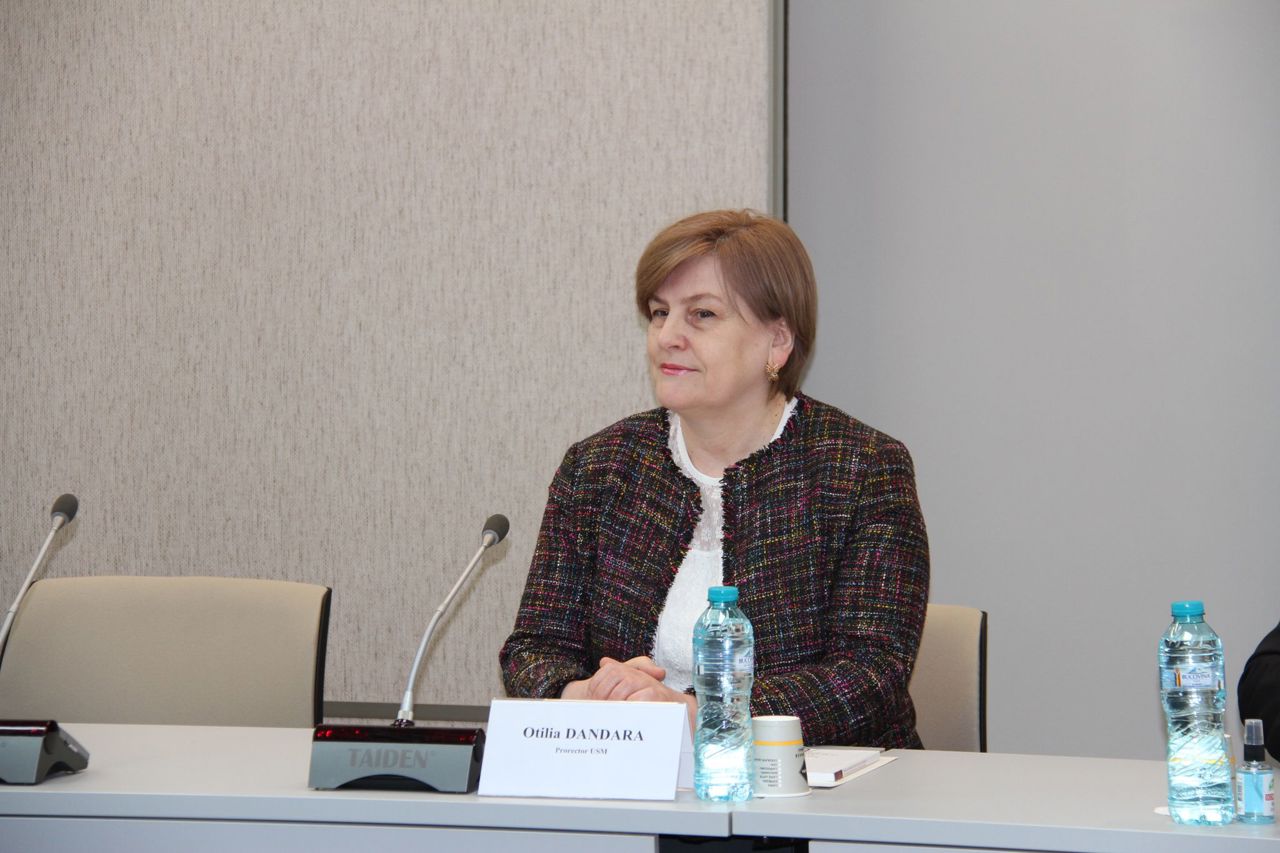Ukraine needs help with mine clearance. The country with the largest mined area on earth
Ukraine is the country with the largest mined area and not enough resources to clear the frontline. In an urgent appeal to allies, Ukrainian Defence Minister Oleksii Reznikov said his soldiers were digging up as many as five mines per square metre laid by Russian troops in an attempt to limit Ukraine's counter-offensive. The official called for aid given by some nations, including Britain, to expand, reports The Guardian.

Defense Ministry officials in Kiev suggested there was an opportunity for countries such as Japan, unwilling to provide lethal aid, to offer support in the form of de-mining equipment and training. Defence Minister Oleksii Reznikov said "Russian minefields are a serious obstacle for Ukrainian troops, but not insurmountable. Kiev has "skilled engineers and modern equipment, but they are extremely small for the front that stretches for hundreds of kilometres in eastern and southern Ukraine" , Oleksii Reznikov added.
Some of the mines in the country were laid by Ukrainian forces to protect their own defensive lines, but the vast majority are Russian, Digi24.ro reports.
Volodymyr Zelensky has complained that he has had to wait for arms deliveries from the West and so has had to delay the start of this year's counter-offensive, allowing Russia to put millions of mines ahead of their army.
Ukraine has five engineer battalions, divided into 200 brigades, which in May, before the start of this year's counteroffensive, had 30 troops each.
According to accounts from the front, the number of active engineers is now significantly lower. Killing them and their officers is said to be the biggest spoils for the Russians.
One brigade active around Staromaiorske, a recently liberated village in the Donetsk region, said it had 30 men listed on paper, but in reality had only 13 men, only five of whom were active due to injuries. Two of the unit's engineers have lost limbs in the past two weeks.
Serhiy Ryzhenko, the chief medical officer at the Mechnikov hospital in Dnipro, where many of the most seriously wounded are treated, said he receives between 50 and 100 soldiers a day, with mines second only to artillery in terms of injuries.
At a July meeting in Ramstein, Germany, of the alliance of 54 countries supporting Ukraine, Lithuania, Finland, Iceland, Norway, Sweden and Denmark agreed to train and equip Ukrainian de-mining units. Other countries have been invited to join.
Pete Smith, Ukraine programme manager for the de-mining NGO Halo, and a former British army officer, said the level of mine contamination was "unprecedented in modern history". He said, "We are witnessing the largest land area of landmines and a type of unexploded ordnance contamination that has only been seen in Europe since the Second World War.
He also said that engineer units deployed to Ukraine face a wide range of mine types on the battlefield.
"And, of course, there is strong evidence of Russian forces planting mines and other types of explosives to prevent the army from clearing landmines, and that, of course, poses some serious problems for organizations like us," he said.
Smith suggested that even with 10,000 bomb engineers, it would take a decade to decontaminate the country. Halo has 900 trained people, mostly from local sources, working in Ukraine and plans to have 1,200 trained experts operating in the country by the end of the year.





